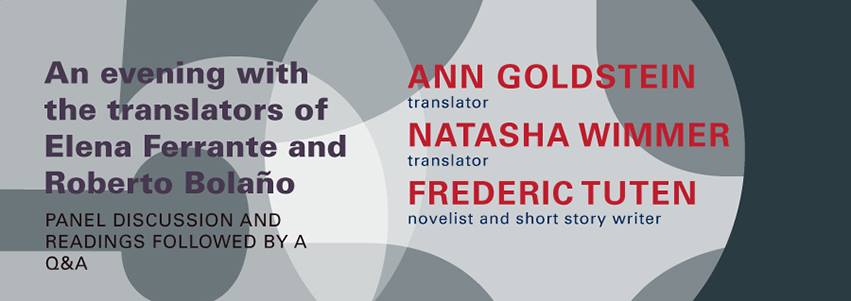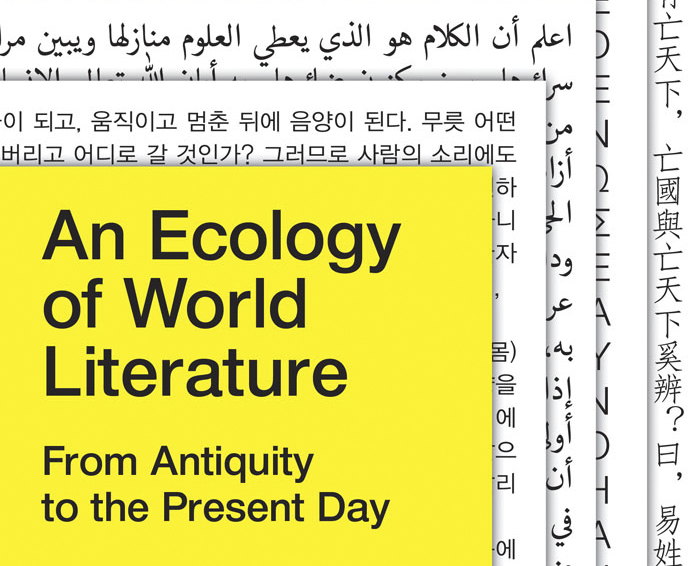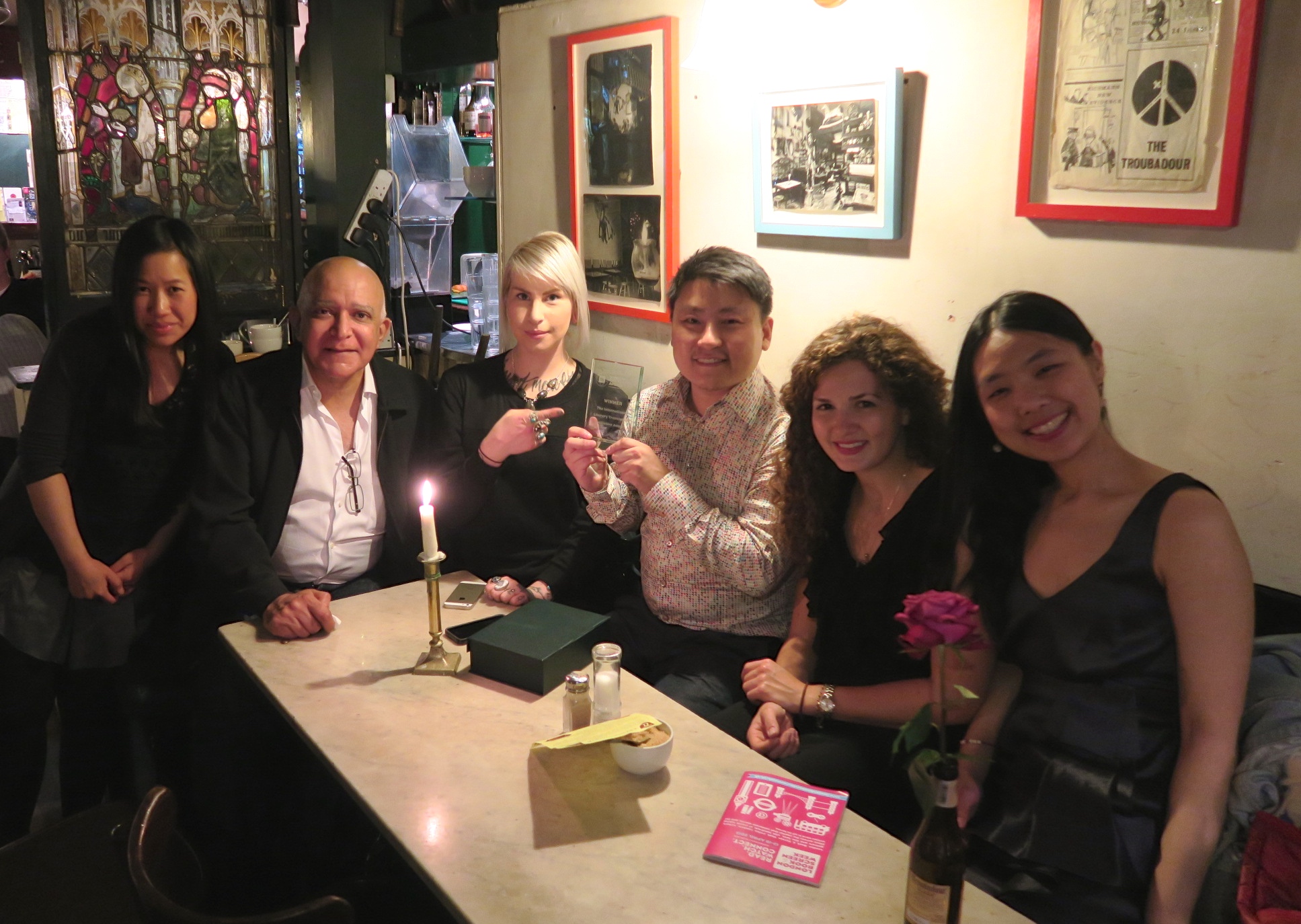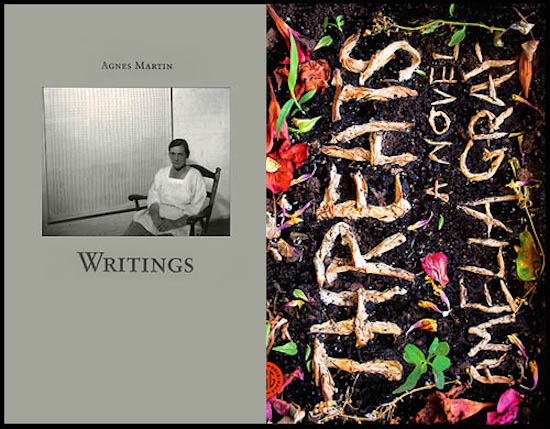Alexander Beecroft is Associate Professor in Classics and Comparative Literature at the University of South Carolina. He teaches courses in Greek and Latin language and literature, ancient civilizations, both ancient and modern literary theory, and theories and practices of world literature. His key fields of research specialization focus on the literatures of Ancient Greece and Rome, and pre-Tang (before AD 600) Chinese literature, in addition to contemporary discussions regarding world literature. His second book, An Ecology of World Literature: From Antiquity to the Present Day, was published by Verso in January. In it, he argues for the benefits of an ecological, rather than the conventional economical, framework in the discussion of global literatures, shedding light on the difficulties involved in ascertaining, defining, and assimilating multifarious linguistic forms.
I spoke to Professor Beecroft through email about the intersections between world literature, politics, geography, and the advantages and disadvantages that literary translation can have on upholding minority languages.
Rosie Clarke: Could you begin by briefly outlining your academic background, and explaining what brought you to write An Ecology of World Literature?
AB: My earliest training, as an undergraduate, was in Classics, and from there I moved into an interest in early China. As I entered graduate school, I knew I wanted to combine those interests, but struggled for some time to figure out how. As I worked on my dissertation, I began to realize that, while many things about archaic and classical Greece and early (pre-220 BC) China were different, they did have an intriguing similarity. Both were politically fragmented regions within which circulated some sense of a shared culture. That first book explored that particular connection, but led me to think about how those kinds of structural similarities between literatures might be discussed in a more general way.
RC: Can you explain why you chose to structure the investigation here with an ecological framework?
AB: We’re very used to thinking about modes of cultural production, circulation, and exchange in terms of economic metaphors. Those metaphors have a real value: cultural recognition, like just about everything else, is in scarce supply, and so the language of markets and economic efficiency has much to teach us about culture.
I thought it might be helpful, however, to consider ecological models as an alternative. Ecology, like economics, deals in how scarce resources get distributed in a given context—but where economic models tend to suggest a single winner, and a single winning strategy, ecology suggests that there can be multiple strategies for surviving in different niches.
I think this is a particularly important point in today’s world. The power of English and of the English-language publishing industry worldwide makes translation, especially into English, into the most lucrative form of literary success—but in fact writers can and do thrive through other strategies, including by writing work designed for their own local context. Further, we need to recognize that the ecologies within which literatures operated in the past were different, operating for example under court patronage or with other kinds of relationships to the political and social order.
READ MORE…







